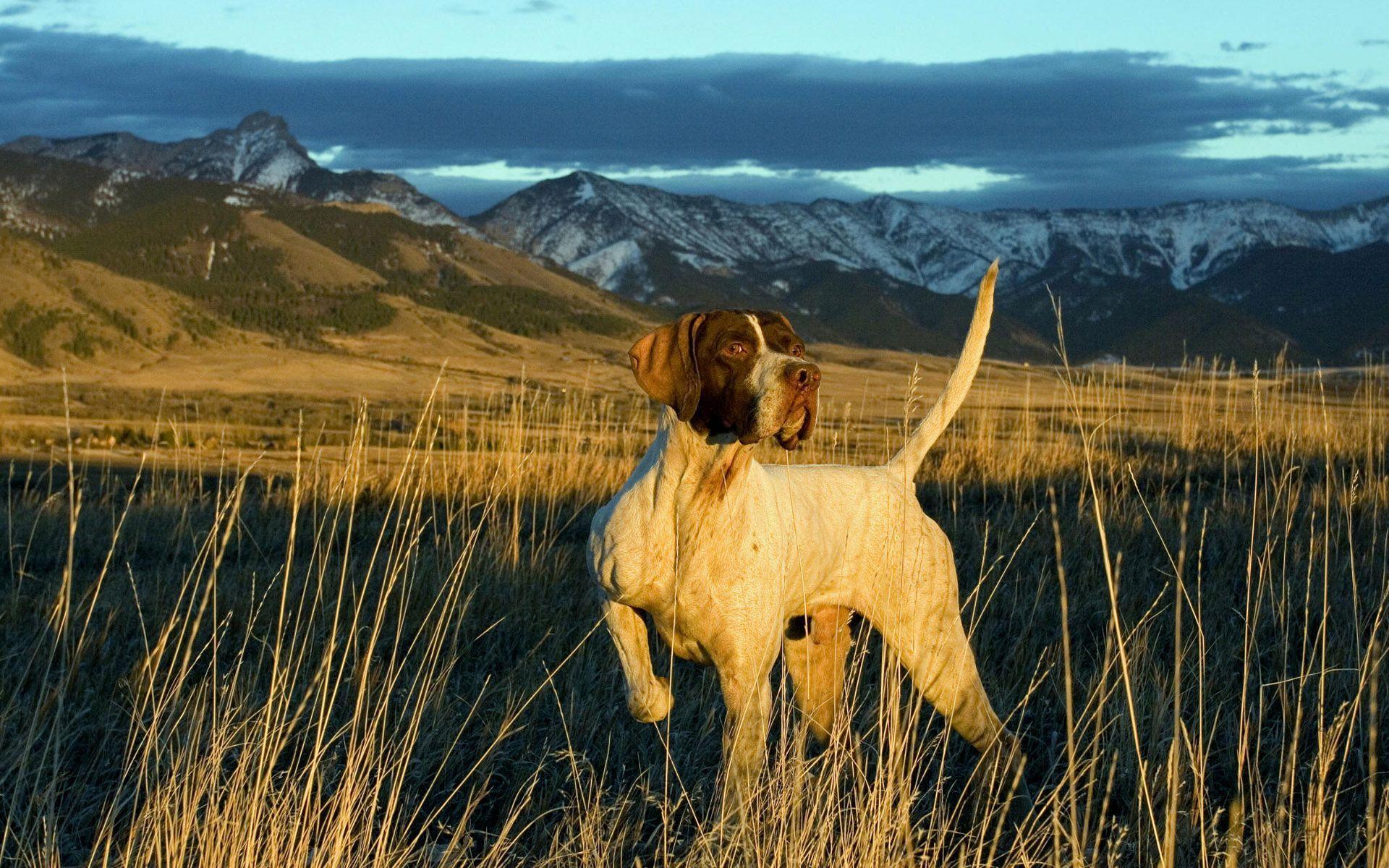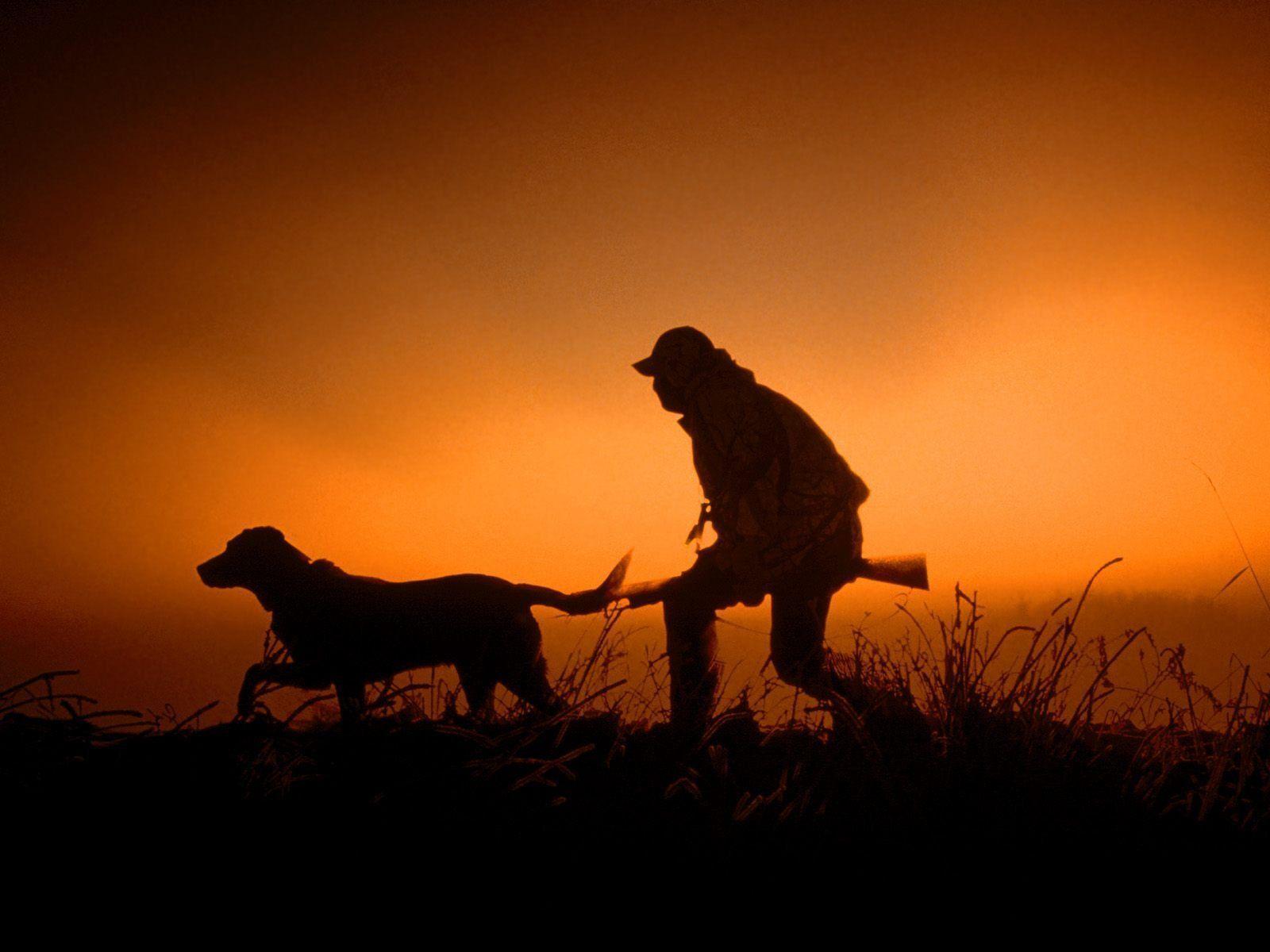Hunting dogs have been loyal companions to humans for centuries, offering their unique skills to aid in hunting and retrieving game. These remarkable animals are more than just pets; they are partners in adventure and sport, showcasing intelligence, agility, and an incredible sense of smell. Whether you're an experienced hunter or a beginner, selecting the right hunting dog and training it effectively can make all the difference in your outdoor pursuits.
From pointers and retrievers to hounds and spaniels, hunting dogs come in a variety of breeds, each specialized for different tasks. Their abilities to track, flush, or retrieve game are unmatched, making them invaluable for hunters of all levels. However, owning a hunting dog requires responsibility, patience, and dedication, as these dogs thrive when given proper training, care, and attention. Understanding their unique traits and needs is essential to building a successful partnership.
This article delves deep into the world of hunting dogs, providing a comprehensive guide on how to choose the ideal breed, train them for specific tasks, and care for them effectively. You'll also learn about the history of hunting dogs, their role in modern hunting, and tips for maintaining their health and well-being. Let’s embark on this journey to discover everything you need to know about these remarkable canine companions.
Read also:Unique Spine Tattoo Ideas Inspire Your Next Masterpiece
Table of Contents
- What is a Hunting Dog?
- Brief History of Hunting Dogs
- How to Choose the Right Hunting Dog?
- Popular Hunting Dog Breeds
- What Makes a Good Hunting Dog?
- Training Your Hunting Dog
- How Do Hunting Dogs Help in the Field?
- Maintaining Health and Fitness
- Feeding Your Hunting Dog
- Tips for First-Time Hunters with Dogs
- Common Mistakes to Avoid
- Legal and Ethical Considerations
- What Equipment Do You Need for Hunting Dogs?
- Frequently Asked Questions
- Conclusion
What is a Hunting Dog?
Hunting dogs, often referred to as gun dogs or sporting dogs, are a category of canine breeds specifically trained to assist hunters in locating and retrieving game. They are known for their remarkable abilities to use their senses—especially smell and sight—to aid in various hunting activities. These dogs play a critical role in outdoor sports and hunting, making them indispensable for anyone passionate about this activity.
Primary Roles of Hunting Dogs
Hunting dogs are generally divided into three main categories based on their primary roles:
- Pointers and Setters: These dogs are trained to locate and point to the game, often by freezing in a specific stance.
- Retrievers: As the name suggests, these dogs retrieve the game after it has been shot, often from water or dense underbrush.
- Flushers: These breeds work to flush out game from hiding spots, making it easier for hunters to take a shot.
Why Are Hunting Dogs Special?
The unique traits of hunting dogs, such as their strong work ethic, keen senses, and innate hunting instincts, set them apart from other breeds. These dogs are not only skilled in their tasks but also form deep bonds with their handlers, making them loyal and dependable companions in the field.
Brief History of Hunting Dogs
The history of hunting dogs dates back thousands of years, with evidence of humans using dogs for hunting found in ancient cave paintings and historical records. These dogs were selectively bred for specific traits, such as tracking, retrieving, and flushing out prey, to complement the needs of hunters. Over time, different breeds emerged, each specialized for unique tasks and terrains.
Hunting Dogs in Ancient Civilizations
In ancient Egypt, dogs like the Saluki were used to hunt gazelles and other swift animals. Similarly, in Europe during the Middle Ages, hounds were bred to track and chase deer, boars, and other large game. The partnership between humans and hunting dogs has always been a symbiotic one, with each relying on the other for survival and success.
The Evolution of Hunting Dog Breeds
As hunting techniques evolved, so did the breeds of hunting dogs. The invention of firearms in the 16th century, for instance, led to the development of gun dogs like retrievers and pointers. These breeds were trained to work closely with hunters, adapting to the new methods of hunting that firearms introduced.
Read also:Secrets To A Harmonious Relationship With Your Mother In Law
How to Choose the Right Hunting Dog?
Choosing the right hunting dog is a decision that requires careful consideration of various factors, including your hunting style, the terrain you’ll be hunting in, and the type of game you’re after. Each breed has specific strengths and weaknesses, so understanding these is crucial to making an informed choice.
Factors to Consider
- Type of Game: Determine whether you’ll be hunting birds, waterfowl, or large game, as this will influence the breed you should choose.
- Terrain: Consider the environment where you’ll be hunting—forest, wetlands, open fields—and select a breed suited to that terrain.
- Training Needs: Some breeds require more intensive training than others. Be realistic about the time and effort you can dedicate to training.
- Temperament: Ensure the dog’s personality aligns with your own and your family’s lifestyle.
Top Recommendations
If you’re new to hunting dogs, breeds like Labrador Retrievers and German Shorthaired Pointers are excellent choices due to their versatility and trainability. Experienced hunters might opt for more specialized breeds, such as English Setters for upland bird hunting or Chesapeake Bay Retrievers for waterfowl hunting.
Popular Hunting Dog Breeds
Hunting dogs come in a variety of breeds, each with its own unique set of skills and characteristics. Here are some of the most popular breeds and what makes them stand out:
Labrador Retriever
Known for their friendly nature and versatility, Labradors excel in both waterfowl and upland game hunting. Their strong swimming abilities and keen sense of smell make them a favorite among hunters.
German Shorthaired Pointer
With their boundless energy and remarkable agility, German Shorthaired Pointers are ideal for upland bird hunting. They are known for their ability to point, flush, and retrieve game with precision.
Beagle
Beagles are small but mighty, excelling in tracking and chasing small game like rabbits. Their incredible sense of smell and determination make them a valuable asset in the field.
English Setter
English Setters are renowned for their elegant appearance and exceptional pointing abilities. They are particularly well-suited for hunting game birds in open fields.
Training Your Hunting Dog
Training a hunting dog is both an art and a science, requiring patience, consistency, and an understanding of canine behavior. The goal is to harness your dog’s natural instincts and channel them into productive hunting behaviors.
Basic Training Tips
- Start training early to instill good habits and build a strong foundation.
- Use positive reinforcement techniques, such as treats and praise, to encourage desired behaviors.
- Introduce your dog to different environments and situations to build confidence and adaptability.
Advanced Training Techniques
Once your dog has mastered basic commands, you can move on to more advanced training, such as retrieving game, pointing, or flushing. Consider working with a professional trainer or joining a hunting dog training club for additional support and guidance.
Article Recommendations

